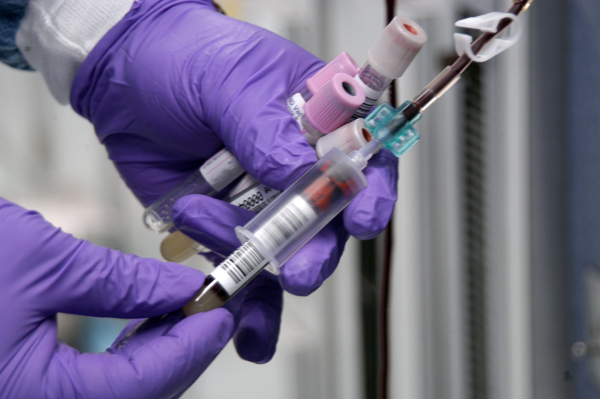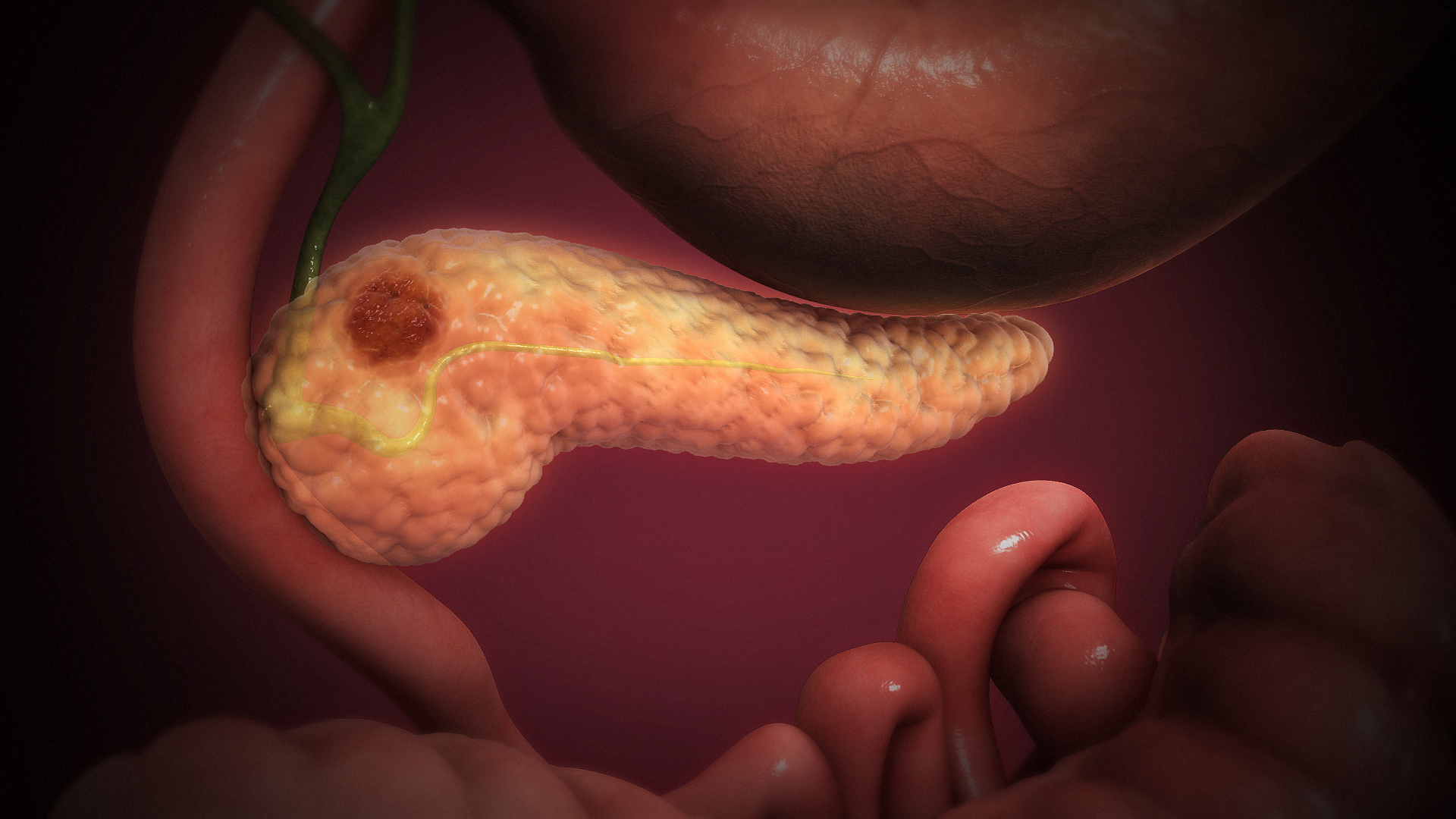Yet another company has joined the STING bandwagon, a novel method of treating cancers by leveraging the innate immune system. Today, AbbVie announced its acquisition of Seattle-based biotech, Mavupharma to develop new cancer therapeutics.
When the Stimulator of Interferon Genes or “STING” pathway is activated, immune cells release pro-inflammatory cytokines and interferons which, in turn, promote T cell activity. STING pathway activation is seen as another way to boost the T cell response, one of the main goals of modern immunotherapy.
“AbbVie has built a leadership position in oncology and their world-class capabilities will enable the accelerated development of our pipeline of STING modulators,” said Co-Founder and former President, Dr. Michael Gallatin, in a recent statement.
Three-year-old Mavupharma made its mark in the STING arena with its lead candidate, MAVU-104, an inhibitor of an enzyme that regulates the STING pathway. Targeting a negative regulator of the STING pathway could mean greater control over innate immune activation, which is not often attainable through direct stimulation. With MAVU-104 now in AbbVie’s hands, Investigational New Drug (IND) filing with the US Food and Drug Administration (FDA) could come sooner than the expected end-of-year deadline.
The promise of this cancer-killing strategy has garnered the attention of several pharma companies. Novartis and Celgene each entered collaboration agreements with Aduro Biotech and Nimbus Therapeutics, respectively, to develop STING agonists against various solid cancers. It appears that STING agonists may be more effective when combined with immune checkpoint inhibitor therapy, as seen with Merck’s preliminary Phase I trial results on its STING candidate, MK-1454.
What would antagonizing the STING pathway do? Work by IFM Therapeutics suggests STING antagonists could modulate the abnormal immune responses of autoimmune or inflammation-mediated disorders. Lupus, Parkinson’s and Non-Alcoholic Steatohepatitis (NASH) are among the applications of the company’s STING antagonists. In 2017, the company was bought by Bristol-Myers Squibb.
AbbVie’s latest move into the STING arena shows there’s ongoing interest in this novel cancer treatment paradigm.
“AbbVie’s vision in oncology is to advance breakthrough areas of science leading to a strong pipeline of innovative cancer therapies,” said Dr. Steve Davidsen, Vice President of Oncology Discovery at AbbVie. “Mavupharma’s platform has the potential to further our immuno-oncology portfolio and assist in the development of transformative medicines for patients.”












Join or login to leave a comment
JOIN LOGIN